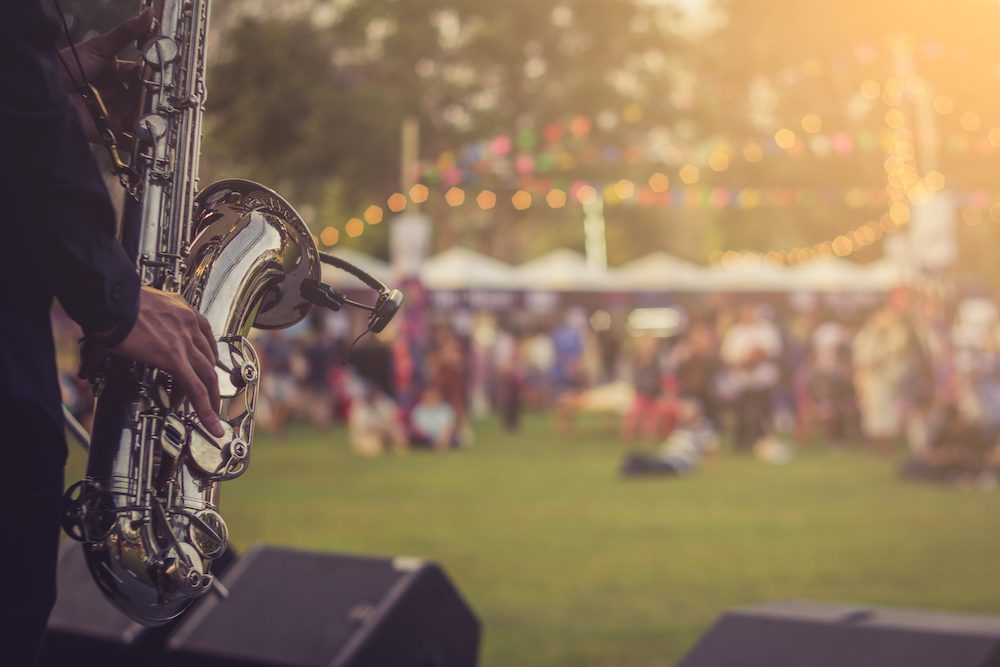Anxiety, Depression and Hearing Loss
Mental health and physical health are often interlinked. Physical health


Mental health and physical health are often interlinked. Physical health

When you look at the price of hearing aids, you might wonder whether

Hearing aid dispensers help with the selection and fitting of hearing